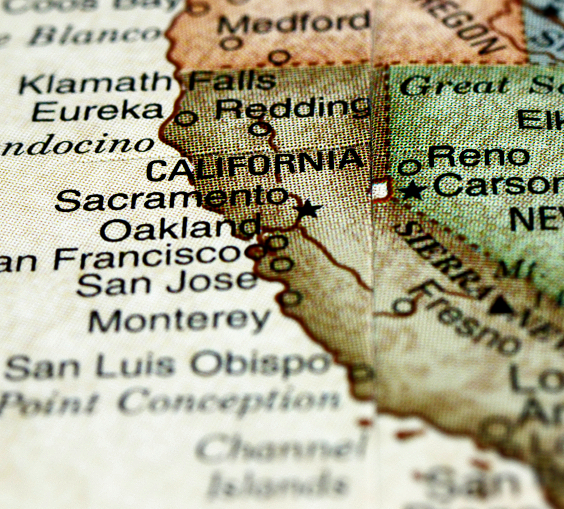
It was only a matter of time, I suppose, and now the inevitable has happened: the "sanctuary" virus has mutated and grown to encompass not only resistance to immigration matters, but also to federal drug laws.
Media are reporting that the city council of Berkeley, Calif, (of course!) has passed an ordinance declaring that they will no longer permit their law enforcement officers to cooperate with, or pass information to, federal drug enforcement agents, where marijuana users are concerned. (See here and here, for instance.)
Allegedly, the council has limited such resistance to "legal" marijuana users. I love the elasticity of language and the power of words. This elision of logic overlooks two key facts:
- First, there is no such thing as a legal marijuana user under federal law; and
- Second, it's not just medical marijuana use; even recreational use of marijuana is legal under California law.
I'm not going to get into my personal views over whether marijuana use should or should not be legal, and under what circumstances (for instance for medical as opposed to recreational use, etc.), for two key reasons: My views aren't particularly relevant, and in any case, they're outside the scope of my writings for the Center for Immigration Studies. We're not the Center for the Study of Drug Use Policy.
What is relevant, however, is that there is a cascading hierarchy of powers, and nothing that a state or local government decrees should be able to bind federal powers when they are exercised lawfully.
If they are being exercised lawfully in the realm of drug enforcement — and who could question this as a serious proposition — then how much more so does this hold true in the realm of immigration enforcement, where the Constitution specifically lays out that this is a federal responsibility?
The way to alter the federal government's stance on marijuana use, if one thinks that worthwhile, is to urge our legislators to amend the federal drug code, not attempt to nullify it through local policies. The same holds true for immigration enforcement laws.
By undertaking its action, the Berkeley City Council has, wittingly or unwittingly, upped the ante where resistance to any federal law enforcement matters is concerned. Where will it end? Will some jurisdictions decide not to cooperate with the federal government on heroin or opioid abuse as long as it's small amounts, even knowing that sometimes it's netting the small fish that leads to a larger catch?
To date, the Congress has steadfastly refused to show leadership where immigration sanctuaries are concerned, and it is only recently, under the direction of Attorney General Jeff Sessions at the Justice Department, that the executive branch has shown a willingness to crack down on state and local immigration sanctuaries (although such efforts are now mired in the same kind of lawfare that we've seen consistently used to block all things immigration, including an end to the DACA program and the so-called travel ban calling for increased vetting of aliens from certain countries known to be hotbeds of radical fundamentalist terror).
It will be interesting to see what, if anything, happens with this new turn of the page. What is clear is that something must change. A federal government that acts, and treats itself as, powerless — whether by congressional or executive inaction, or by judicial activism and overreach — will soon lose any capacity whatever to hold the union together.
We are a sovereign nation, not a random amalgamation of states and territories that get to pick and choose what parts of unity they wish to sign onto. I thought that issue had been settled on May 13, 1865.
